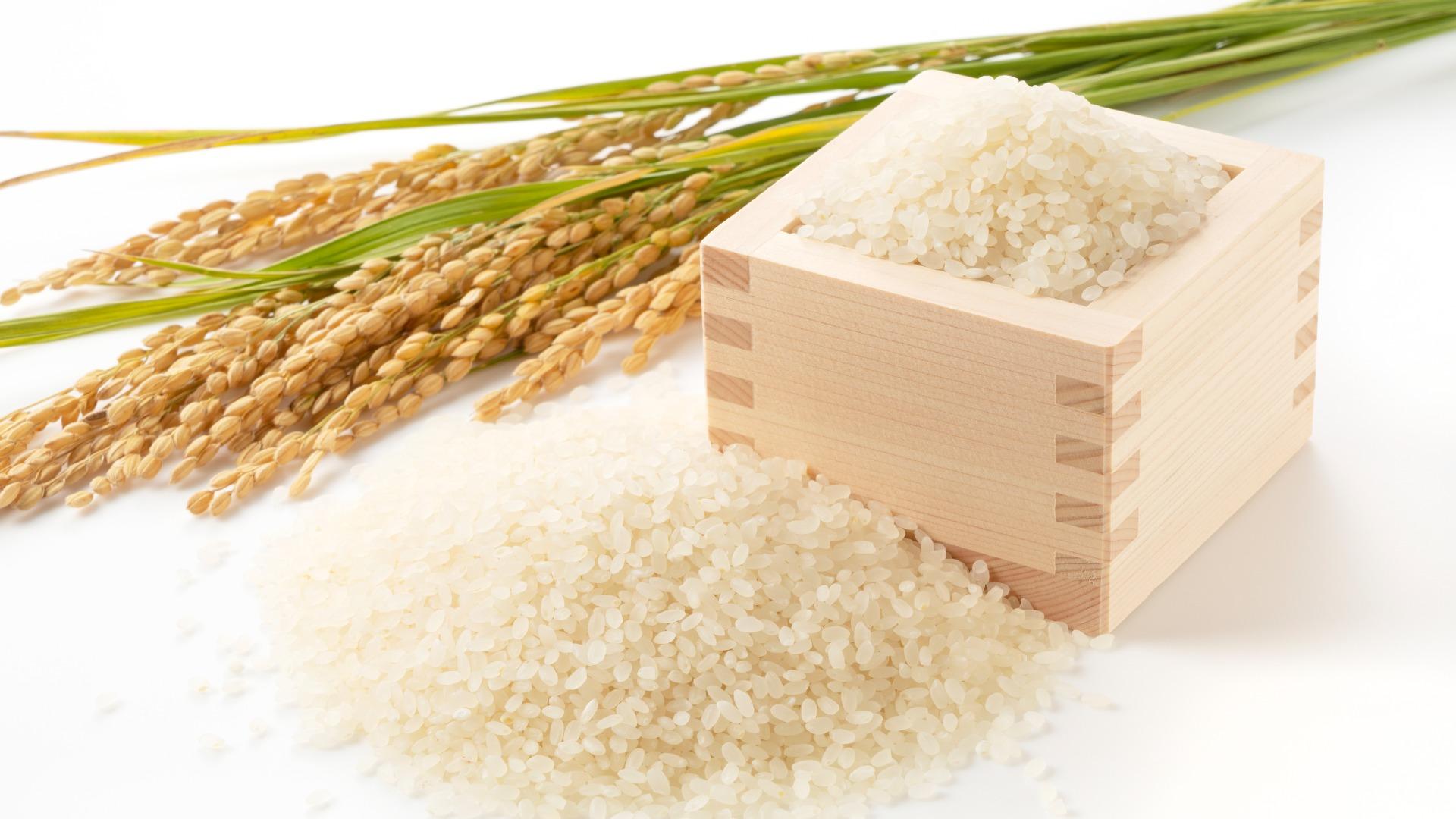Despite previous issues with a lack of rice, the situation in Japan has dramatically reversed with a notable surplus of the new crop. This sudden shift has been credited to efficient agricultural practices and favorable weather conditions. The abundance of rice has had an unexpected impact on the Japanese economy and the way rice is distributed and consumed within the nation.
Rice is a staple food in Japan, deeply ingrained in its culture and economy. Surplus or shortage of rice has potential implications for consumers, farmers, and even government policies. The surplus, in particular, raises discussions about agricultural policies, food security, and price control.
In the US or EU, agricultural surplus is typically managed by the government through various means such as storage, export, or sale for biofuel production. Similarly, Japan may have to implement strategies to manage the surplus effectively, keeping in mind the impact on farmers and the domestic market.

